Ward 2 Candidates Q&A, Part 1
By • April 22, 2020 0 4246
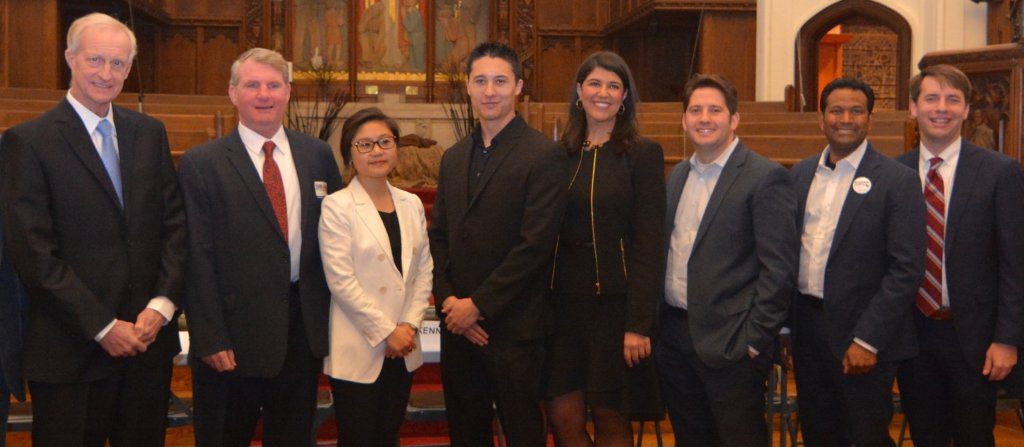
The primary election for the District of Columbia will be held on Tuesday, June 2, less than six weeks from now. One of the most contested races with on the D.C. ballot is for Ward 2 representative on the District Council, for a four-year term. There are nine candidates — eight Democrats and one Republican. Comprising a range of backgrounds and experience, all have been community activists in one way or another. The candidates are (in alphabetical order):
• Jack Evans, former Ward 2 Council member
• John Fanning, Logan Circle Advisory Neighborhood Commissioner
• Jordan Grossman, Medicaid, housing and homeless services coordinator
• Daniel Hernandez, former Marine employed by Microsoft
• Patrick Kennedy, Foggy Bottom Advisory Neighborhood Commissioner
• Brooke Pinto, former D.C. Assistant Attorney General
• Kishan Putta, Georgetown-Burleith Advisory Neighborhood Commissioner
• Katherine Venice (Republican), reformer of capitalism
• Yilin Zhang, health business executive
The candidates had full schedules of town halls and campaign events until the pandemic crisis grounded them. In order to keep the public informed, The Georgetowner is asking the candidates questions and reporting their answers. Their response to one of the questions follows:
WHAT IMPENDING BUDGET CUTS DO YOU FAVOR?
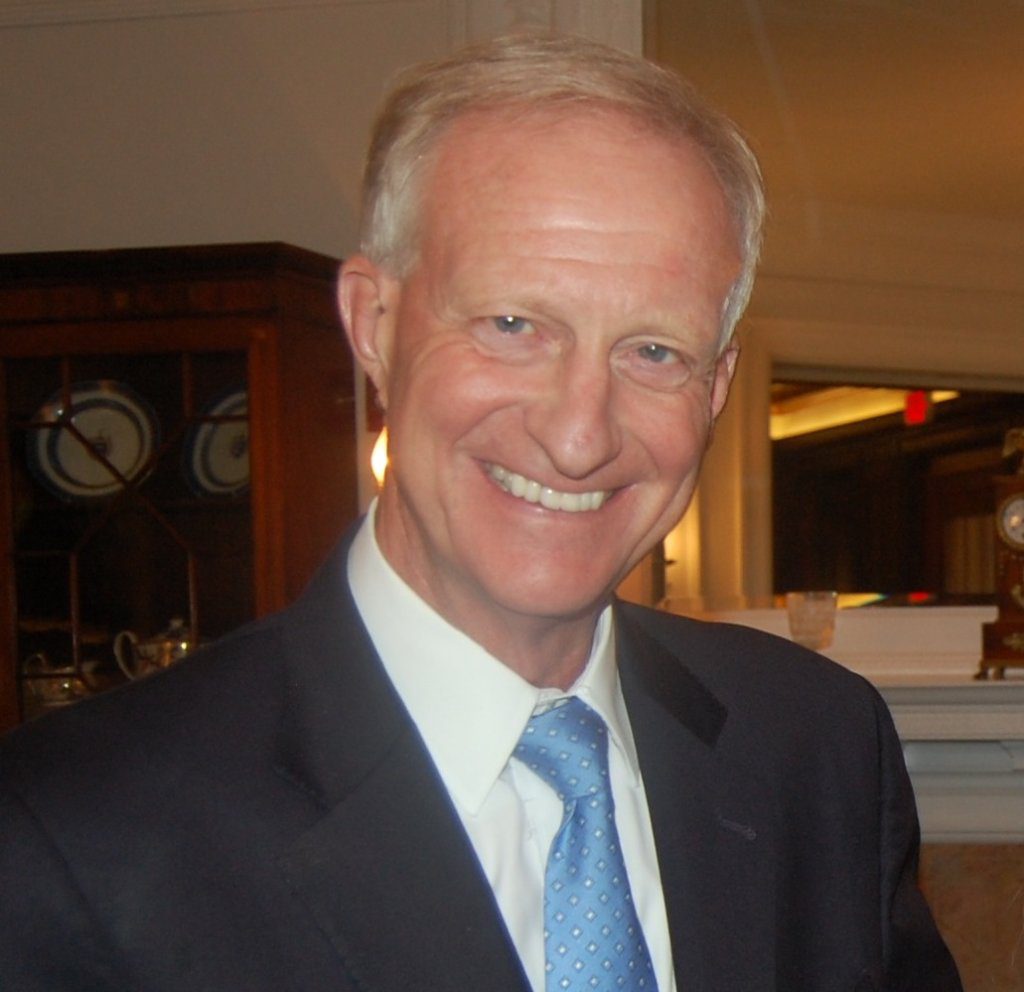
Jack Evans
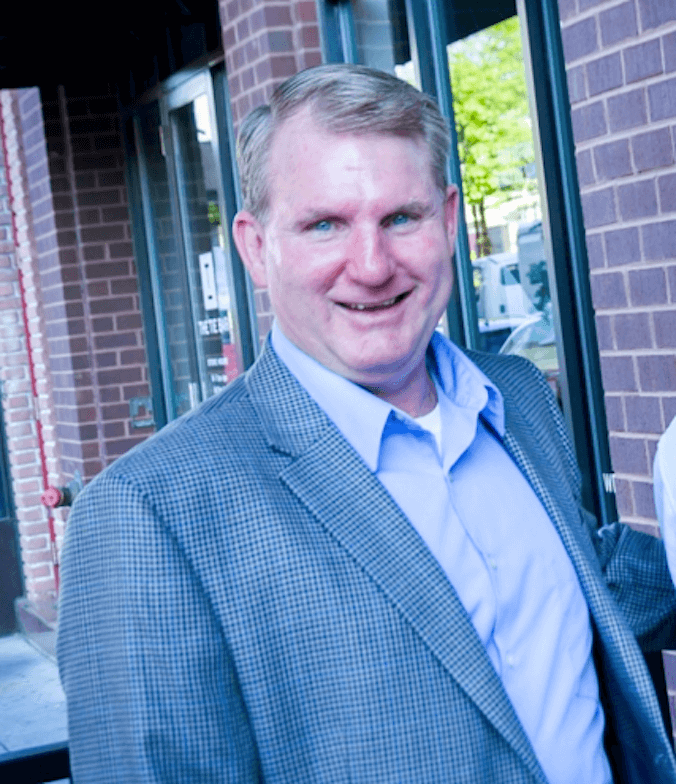
John Fanning
Fanning: Budget cuts are only one way to address expected revenue shortfalls. I believe in vigorous Council oversight to identify cost savings, eliminate duplicative services, and streamline government operations, too. To address the impact from COVID-19, we must consider deferring some transportation and noncritical infrastructure projects, reduce discretionary government spending and scaling back on some nonessential services.
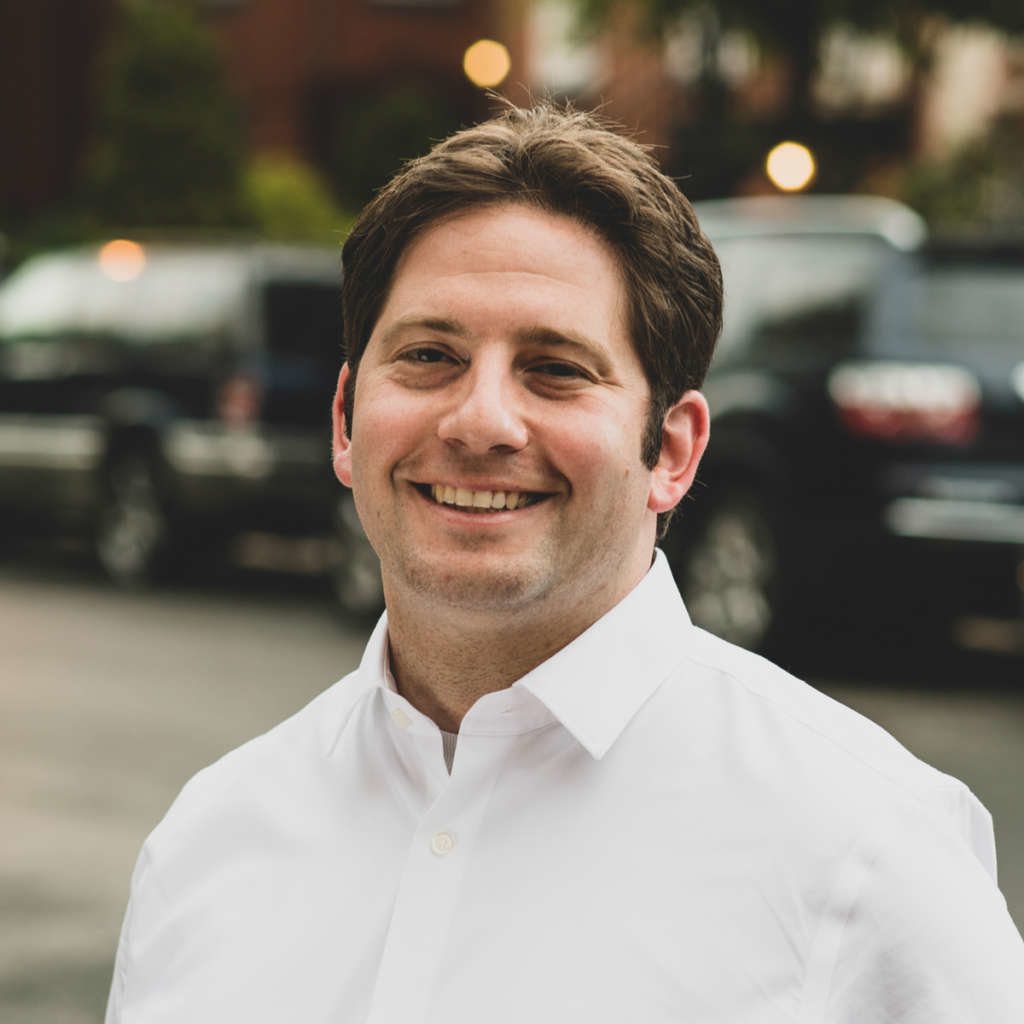
Jordan Grossman
Grossman: I support repealing the $40 million in annual tax breaks that go to “Qualified High Technology Companies,” which the chief financial officer has concluded are ineffective. I also support redirecting Events DC’s excess funding, which has been used in such questionable ways as sponsoring a second-division Welsh soccer team.
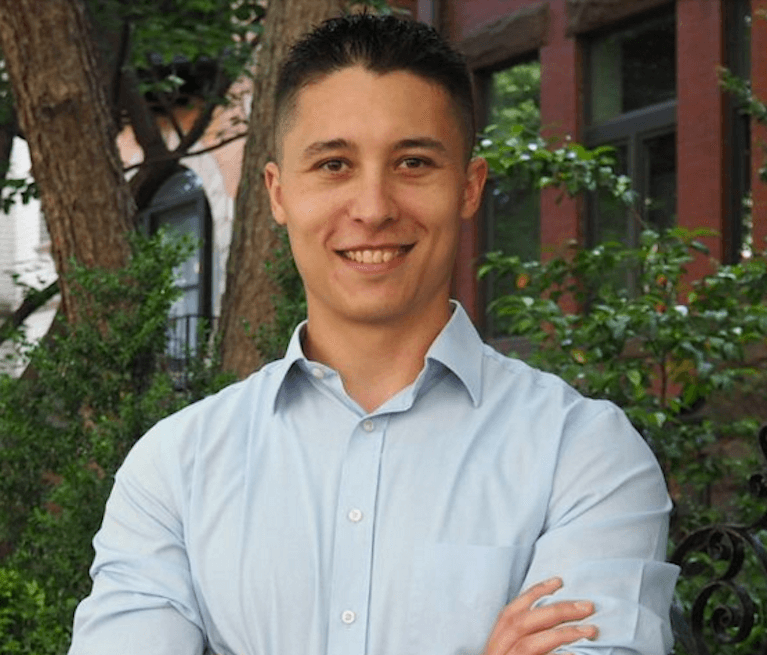
Daniel Hernandez
Hernandez: I don’t know that there’s any budget cuts that I favor, but we should first be evaluating unnecessary tax expenditure programs like the QHTC program. Beyond that, it’s difficult to choose. It’s also premature to decide before we know the full scope of the budget impact, with the next update being April 24.
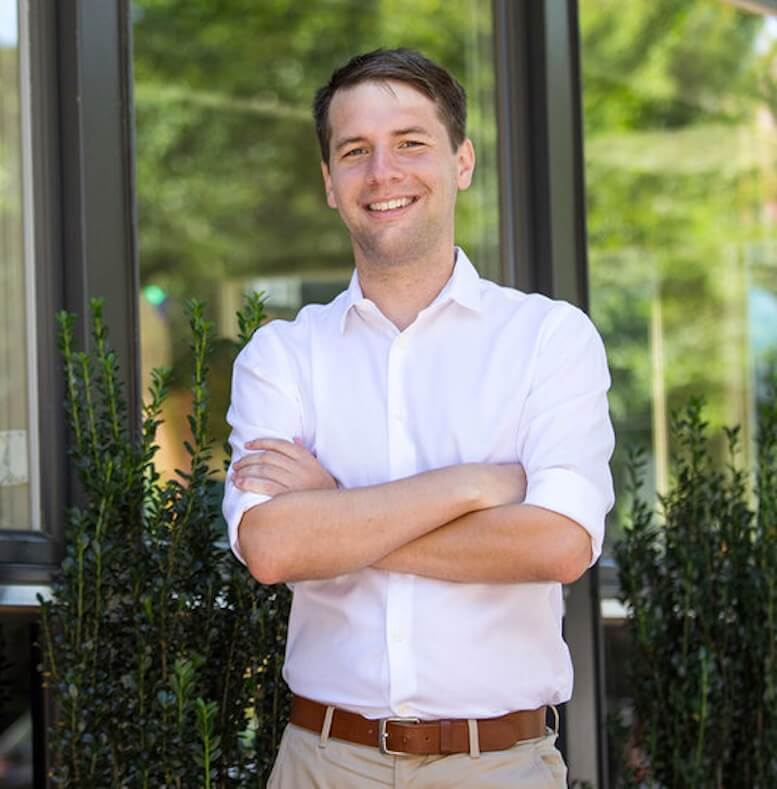
Patrick Kennedy
Kennedy: We’re facing a $600-million to $1-billion shortfall by Sept. 30, a cut of five to 10 percent. We should prioritize services responsive to the public health emergency and those that help small businesses and low- and middle-income residents. We should examine pay-as-you-go capital projects and a hiring freeze.
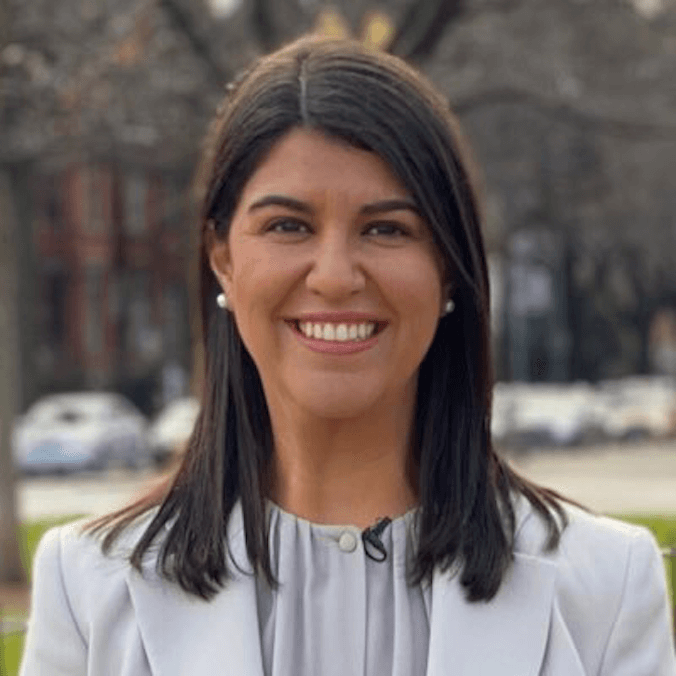
Brooke Pinto
Pinto: I agree with the mayor’s freeze on government hiring, raises and travel, but we also must suspend nonessential programs and end corporate giveaways to preserve crucial services. Support for the most vulnerable and a responsible concern over the financial health of our city don’t have to be mutually exclusive.
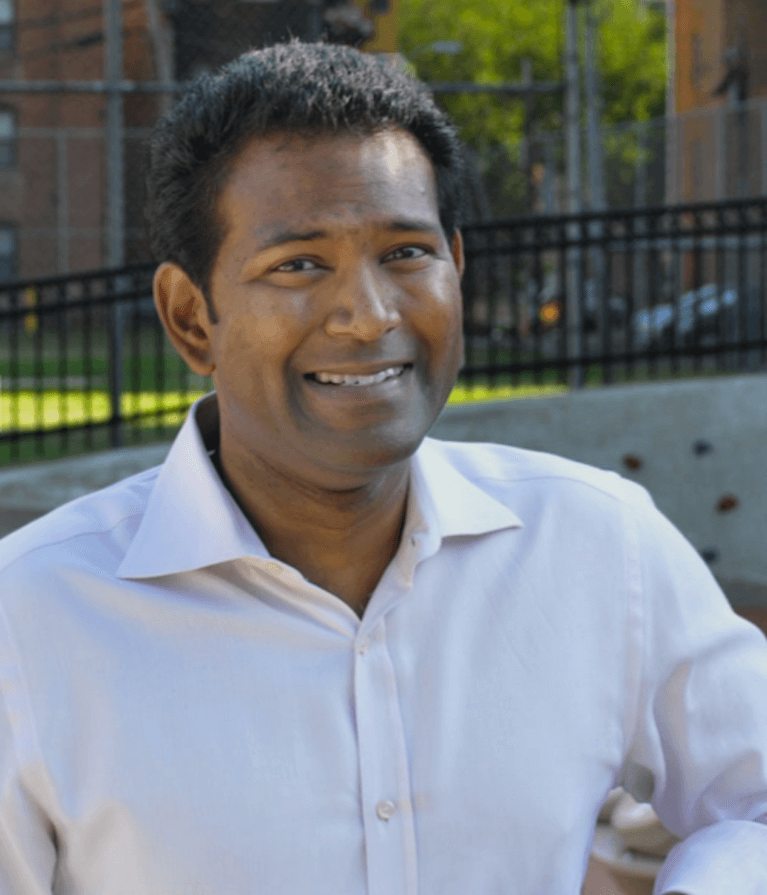
Kishan Putta
Putta: I’ve worked on tight D.C. budgets before. I studied budget policy at the Kennedy School and worked on New York City’s budget, too. Having testified before the D.C Council at more budget hearings than any candidate, I’m ready to lead. More data-driven budgeting ensures effective spending. Cutting ineffective tax subsidies could save millions.

Katherine Venice
Venice: Debt costs (the fourth biggest cost in the budget) have risen 29 percent since 2017 and will rise further as D.C.’s credit ratings get downgraded; budget spending per capita has risen 27 percent since 2016. On my calculations, cuts double the CFO’s projections are inevitable, bringing next year’s budget closer to 2017 levels.

Yilin Zhang
Zhang: The economic impact of this period will continue into next year, and potentially beyond. For D.C. to recover, we need to focus on investing in a resilient infrastructure and stimulating/diversifying the economy. We need to identify current inefficiencies (e.g., duplication of efforts) first to determine potential budget cuts.

